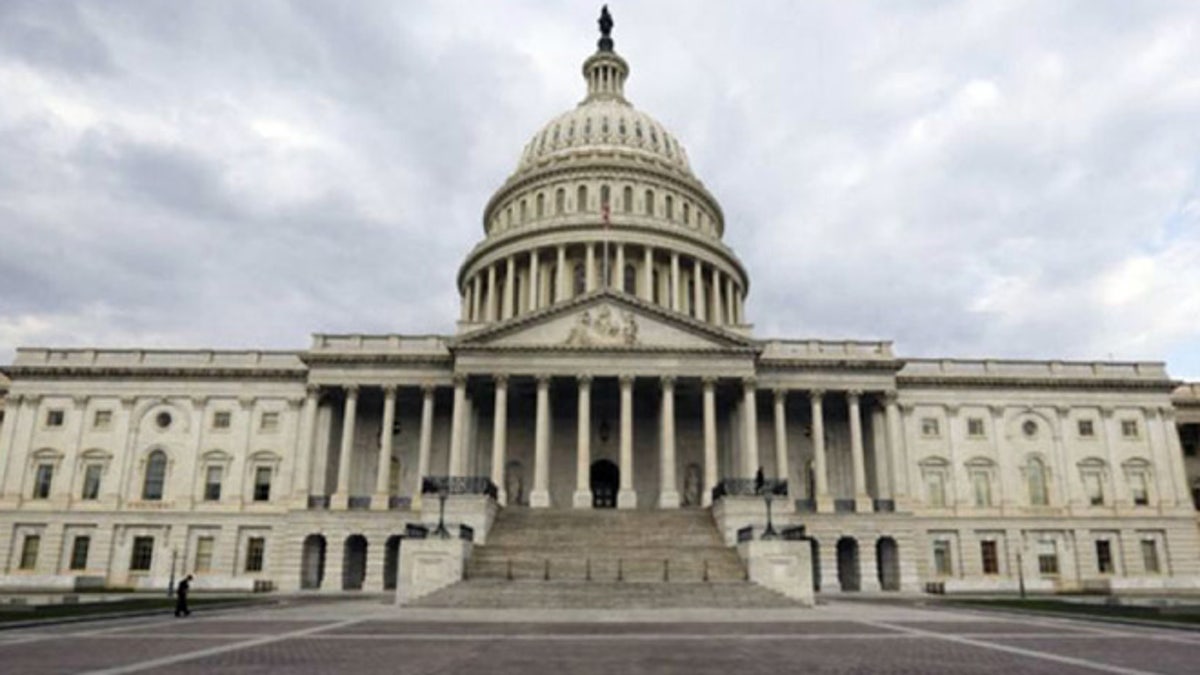
(Reuters)
EXCLUSIVE: Less than a month after Republicans took control of Congress, the controversial United Nations Development Program has signed a groundbreaking deal with the foremost Republican-affiliated organization operating abroad, to explore the basis for cooperation on future democracy-building projects.
But its first effect is likely to be a strong signal to Republican budget cutters that U.S. funding for the U.N. is not a soft target as the battles begin over spending priorities on Capitol Hill. It may also stir additional controversy among any legislators already critical of UNDP’s operations and methods.
The deal between UNDP, which describes itself as “in many respects the operational arm of the United Nations at the country level,” and the non-partisan, non-profit International Republican Institute (IRI) is only in the formative stages, starting with a legal memorandum of understanding signed on February 3.
The memo endorses cooperation “in areas of common interest,” and specifically mentions “democratic governance,” “political pluralism,” the facilitation of “free and fair elections” abroad, as well as cost-sharing arrangements on a case-by-case basis as projects proceed.
CLICK HERE FOR THE MEMO OF UNDERSTANDING
It’s the first time that UNDP, the U.N.’s anti-poverty arm, has reached out to the International Republican Institute (IRI) as a collaborator since the non-profit was founded in 1983.
By contrast, UNDP has been operating in tandem with IRI’s Democratic counterpart, the National Democratic Institute for International Affairs (NDI), since 2000 on very similar terms.
In the case of NDI, UNDP is also a significant funder, listed on its support page along with other U.N. agencies and a number of foreign governments.
No such funding arrangements exist, at least yet, with IRI.
Currently under the chairmanship of Senator John McCain of Arizona, IRI’s board of directors includes such younger Republican Senators as Kelly Ayotte of New Hampshire, Tom Cotton of Arkansas, and Mark Kirk of Illinois.
Other members include Rep. Kay Granger of Texas, who sits on the State and Foreign Affairs Appropriations subcommittee, as well as Brent Scowcroft, national security advisor to President George Herbert Walker Bush.
NDI is chaired by former Secretary of State Madeline Albright.
According to Mark Green, president of the Washington-based International Republican Institute, the cooperation with UNDP is among other things intended as a sign that “we share a lot of values,” especially in relation to democracy and the empowerment of women.
“They like what we do,” he said in reference to UNDP. “They were looking for a way to demonstrate that IRI is a trusted partner.”
The two organizations, Green added, have been working side-by-side for a number of years on similar projects in a number of foreign countries, notably in the area of greater political roles for women.
Two areas of particular interest for IRI, Green noted, were its wide variety of international data-bases on the statistics of development and the network of leaders it has cultivated in the 177 countries and territories where it says it has projects.
“We try to bring elected women leaders to places like Tunisia,” Green said. “UNDP and their network of leaders opens up a whole resource.”
UNDP’s relationship with the network of leaders it collaborates with, however, is very much a matter of concern for some knowledgeable critics of the organization.
“IRI's mission is to promote free and fair elections, civil society, and good governance,” notes Brett Schaefer, an expert on U.N. financing at the conservative Heritage Foundation. “Why in the world would they partner with a politically compromised, mismanaged outfit like UNDP, which has repeatedly assisted the world's most abusive and anti-democratic governments, including Burma, Iran, North Korea, Venezuela, Zimbabwe and others?”
UNDP’s controversial relationship with North Korea led to a 2007 shutdown of its offices in Pyongyang; they were reopened in 2009.
In Iran, UNDP is the coordinating agency for some 18 U.N. agencies in the country, who collaborate with the Islamic regime through a coordinating committee that includes at least six Iranian government departments, and the Iranian Prisons Organization, also known as the “state prisons and security and corrective measures organization."
Schaefer could have added Vladimir Putin’s Russian Federation to the list. The week before signing its deal with IRI, UNDP signed a new partnership with Russia in the midst of Moscow’s escalating proxy offensive in Ukraine, “focused on cooperation o at the regional and global level.”
UNDP recently has also been caught up in battles over the way it acts as paymaster for a variety of other U.N. organizations, notably in Afghanistan, where its oversight of a program to pay national police has come under heavy fire from a special U.S. Inspector General.
“UNDP continues to lack basic accountability and management of its resources,” Schaefer continued. “It is hard to understand why IRI would tie its good name to such a troubled organization.”
How the two organizations will tie themselves together remains to be seen. Says IRI president Green: “At the moment, both UNDP and IRI have communicated to our field offices to get in touch, and identify opportunities where we could partner.”
George Russell is editor-at-large of Fox News and can be found on Twitter: @GeorgeRussell or on Facebook.com/George.Russell












































